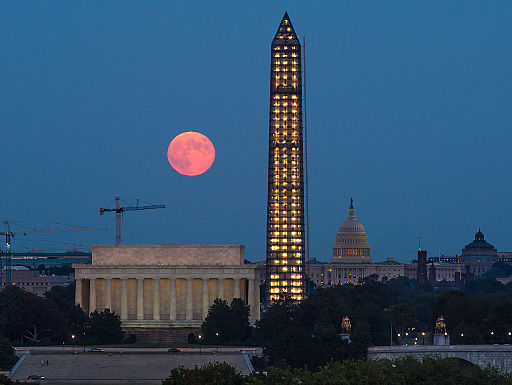Money to Be Made

Amanda Tapping, actress on the Stargate series of television programs, visited the Arctic in March 2007. U.S. Navy photo by Jeff Gossett, of the Arctic Submarine Laboratory. Note the ice crystals formed on the outside of her face mask by her humid exhalations.
The reason masks have become the symbol of the coronavirus pandemic is money. Wearing a mask in public makes it possible to re-open businesses for people to visit, with consumers sure in the dubious knowledge they are not spreading the virus to others in their proximity. More importantly than its real effectiveness, wearing a mask is a sign to others that you are going about your bit as a consumer safely and responsibly. No doubt it is a good thing to get people back to work making money for themselves and their families, particularly in the case of working class people who were ill prepared to stay at home for weeks or months without income.
A brief, entertaining overview of magical thinking.
To that limited extent, the promotion of mask wearing by the CDC, probably under pressure from the White House to get the economy moving again, has been a decent nostrum. If people feel safer going out to stores when they are wearing a mask and the shopkeepers are also wearing masks, then fine, for as far as that goes. But people should not lose sight of other more effective, less publicly identifiable measures, such as keeping your distance and cleaning hands and surfaces regularly, or just continuing to stay home as much as possible. Wearing a mask does not suddenly entitle one to get up in someone else’s face, for good or ill. Wearing a mask may be helpful while shopping at a greenhouse for supplies for a coronavirus garden. Greenhouses can be tight quarters, but everywhere else at a garden center, inside or outside, that mask you’re wearing and perhaps entrusting too much with your safety and that of others is scant protection that doesn’t amount to much if you’re aren’t taking more effective, less magical measures to keep the virus from spreading.
— Izzy 


